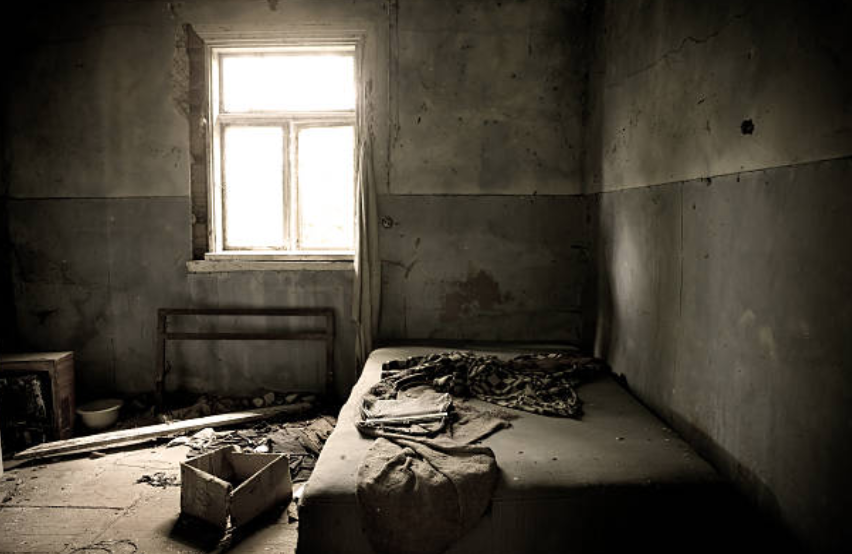If you’ve rented before, you’re probably no stranger to losing a security deposit, unexpected visits from maintenance, faulty appliances, and being left feeling like you didn’t quite get what you paid for. And if you aren’t… Can I have the number of your landlord?
Luckily, it doesn’t have to be so bad IF you do your research. As a leasing agent turned real estate junkie, I’m here to let you in on some tips and tricks to avoiding your local scam artists and how to save some cash along the way.
Read reviews of local rental companies before your search
Before typing “2 bedroom 2 bath” into the search bar on Apartments.com, start typing “*insert your city* rental agencies” into your search engine.
Which companies come up first? Do some background checking on sites like Yelp, Google, and Facebook for some brutally honest feedback. Now, remember a large portion of people who take the time out of their day to write an online review are usually angry, so this can distort the ratings. Go through and see if there are some general themes, such as multiple people bringing up that the landlord charged them for pre-existing damage.
Do this before falling in love with what seems to be the perfect home, which may actually be a glorified roach motel that comes with a surplus of headaches.
Go on a tour. Please.
Don’t be sucked in by looks and eye-catching marketing.
Those close-up pics you saw online of that :stunning” bedroom? It’s actually only 6 x 6 ft and can probably just barely fit your twin bed—photos taken by someone who knows how to work an angle.
Take a tour. Just do it, I promise it’ll only be 15 mins or less.
Prices are actually negotiable
Ignoring Chad from gen chem isn’t the only time to play hard to get.
Lots of anxiety can come along with looking for an apartment, especially in a college town. You don’t want to lose out on the perfect location, a complex with parking, or the house next to the football stadium you’ve had your eye on—I get it. However, it’s important to remember that they need you more than you need them.
If the property has been on the market for a while, you have quite a bit of negotiating power. The units that were just listed a day ago, not so much. Give the market a little time and find the perfect window where some units have been leased up by the early crowd, but there are plenty remaining.
I suggest always asking for a price drop on fees such as parking, pet fees, anything small that adds up over time. Dropping a $50 monthly parking charge likely isn’t a deal breaker if the landlord knows he’s securing a tenant, and it could end up saving you $600 a year.
It never hurts to ask (politely).
Document EVERYTHING
You know those packets you get when you move in? Yeah, don’t throw those away.
If you’re new to the world of rentals, upon moving in you’ll receive some paper to fill out asking you about the condition of each room of the house and all of its fixtures (walls, blinds, window sills, carpet, light fixtures, shower, etc.).
It’s very tedious but SO important. Write down any scratch, paint chip, missing lightbulb that you see. Don’t just write it down, take photos of any damage that you see and save it for the months to come.
When your lease is up and your deposit is sent back to you $300 light, this documentation will be your saving grace.
You should care about amenities
Added amenities such as a fitness center, pool, study lounge, or in-unit laundry machines should be a big factor in your decision making.
Having the things you need at home can improve the flow of your daily life and free up the time you’d spend waking up early to find a quiet spot at the library.
These features can offset costs of gym memberships, reduce the amount of money spent on gas, and eliminate losing all your quarters to the communal washing machine.
Check that you’re getting a fair deal
This is a little bit extra, but so am I and maybe you are too.
There’s an old rule of thumb saying that your monthly rent should be around 2% of the property’s purchase price.
Meet your friend, Zillow. Purchase prices are public record, as well as the approximate monthly mortgage. I like to see how much landlords are profiting from my tenancy and consider whether or not they’re being too greedy. And you should do the same.
Factor in fees before committing
A 2 bedroom 1 bath for $1,000 a month sounds reasonable. It’s only $500 a piece, right?
Kind of. It’s easy to look at the rent price and feel like that’s all you’re signing up for.
The apartment may be $1,000 a month, but parking is $75 a piece, water is $29 together, and gas/electric is $65 together. If you didn’t already break out your calculator, that will bring you up to $1,122 monthly without even realizing it.
Make sure you consider all of the fees and get utility estimates before signing that lease.
~~~
Renting can be scary, especially for first-timers. Do your research, don’t be afraid to haggle a bit, and take a breath. You’ll be fine!








